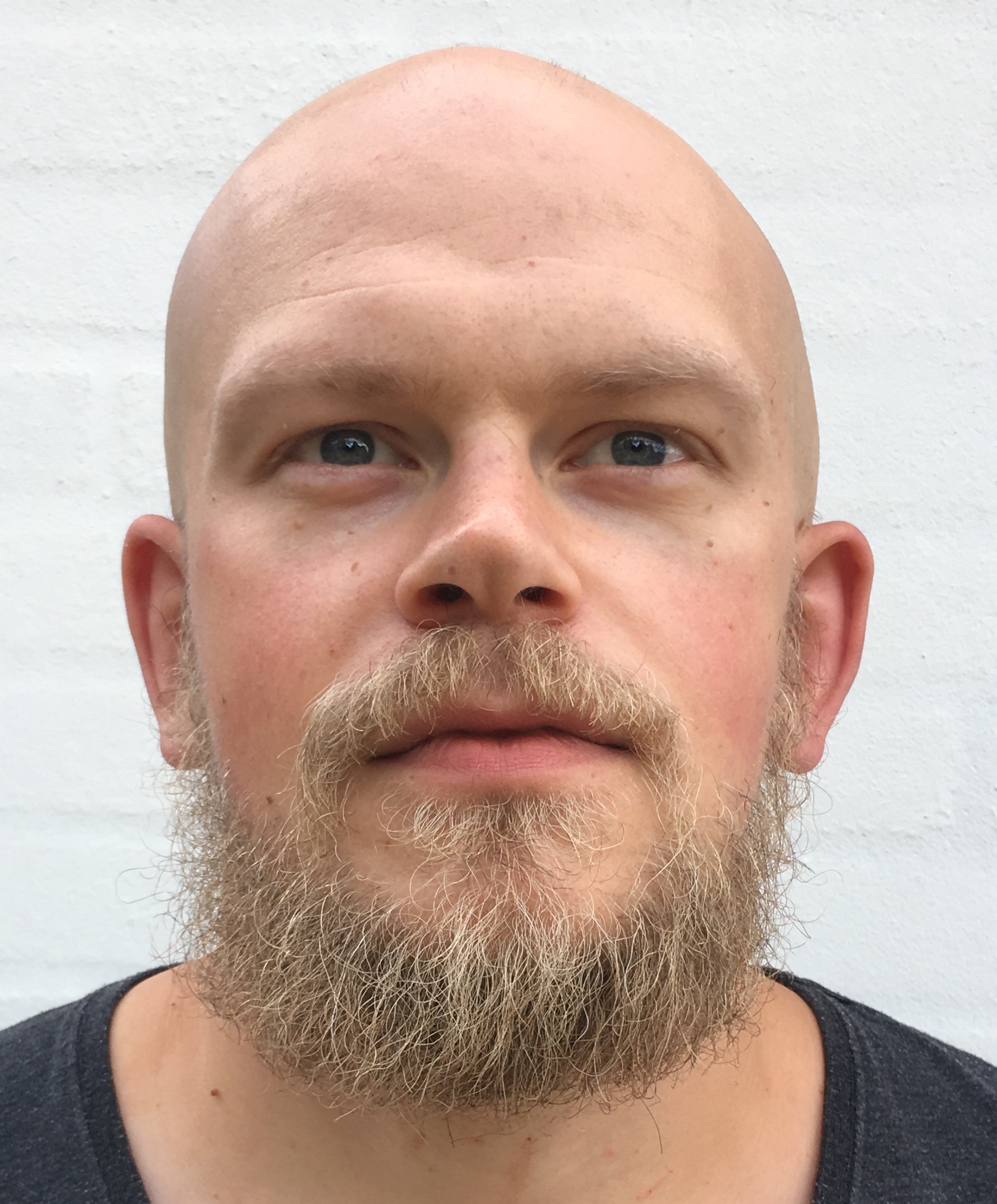Why academia?
So. Why not start a master’s degree in educational sociology, six and-a-bit years after finishing a bachelor? Six years as a working stiff, with varied and, at times, exhausting challenges? Because you need to keep your job while studying!
Because you don’t want to risk stress and burnout! There’s a history, you know… How will you make time for your family?
When will you sleep? You work nights, remember?
…
It is more fruitful to look at why I felt compelled toward academia and further education.
A part of it is personal curiosity in certain fields (related to my experiences as a practitioner).
why is the gender imbalance among social educators (heavily weighted towards women) not reflected in positions of power - union representatives, upper and middle management (disproportionately male)?
How can the field of ‘pedagogy’ (as understood in Scandinavia) more actively distinguish itself from surrounding fields (nursing, caregiving, teaching, psychology)?
(this is by no means exhaustive nor exclusionary)
Another part is a (perceived sense of) lack of opportunities for personal development in my current position. This has been exacerbated by me moving to the third shift, and becoming more ‘invisible’.
But tying both of these motivations is a peculiarity. I have taken for granted that a) my curiosity may be sated and b) my lack of opportunities for development is a slight, an affront, to be amended. It is expected of me to desire development and personal progress, and to seek to correct a situation where these expectations and desires are not met.
This is exactly the central topic of the last lecture of my first week: The educative discourse. Our lecturer, Jonas Lieberkind, detailed how, in the past decades, there has been an increased focus on refining, improving, extracting humane resources.
(pardon me while I rewrite my semi-legible scrawled notes in public)
This tendency is found across disciplines, but with different vocabulary.
The manager wans to ‘maximize efficiency’ and (in Denmark) hold ‘employee development conversations’ (dan. ‘medarbejderudvikligssamtaler’ ).
The economist sees first-world nations being outcompeted as the rest of the world gets broader education.
There is an expectation that we be both robust and able to handle change gracefully as the marketplace places new and different demands of our production (never mind that these are somewhat contradictory traits). In healthcare, we seek to mobilize the resources inherent i each individual patient, both in remedial and preventive care.
As to education, the latest declaration of intent for danish public schools directly states that the school both should prepare for further education as well as instill a desire for future learning. There is a broad agreement on the general subject matter - the disagreement lies within the theoretical approaches taken, and which purpose is sought filled. That one should wish to improve upon (aspects of) the human condition is taken for granted. Thus, as the pedagogical (goddamn that does not roll off the tongue, does it?) or educational discourse has been introduced to and incorporated other fields and discourses, Lieberkind maintains that a new, educative discourse emerges. In this educative discourse, humanity is by definition adaptable and in a process of development. There is potential within each of us, which could and should be improved upon. A new moral imperative arises: Improve yourself!
Within this context we can see my decision to start grad school in less than optimal (and hopefully not insurmountable) circumstances in a new light. I live in a society that takes for granted that an individual will have a desire to grow, to progress, and that such progress and improvement has inherent value. Thus, I am validated in seeking higher education, motivated precisely in my lack of (percieved) options and possibilities for personal growth with my current employer. The hope being, of course, that with a MA in educational sociology in two years’ time (22 months has been bandied about a bit), I’ll both have achieved some amount of personal growth, and also have even more opportunities for growth further on in my life.
So far, sociology ain’t all that bad.
